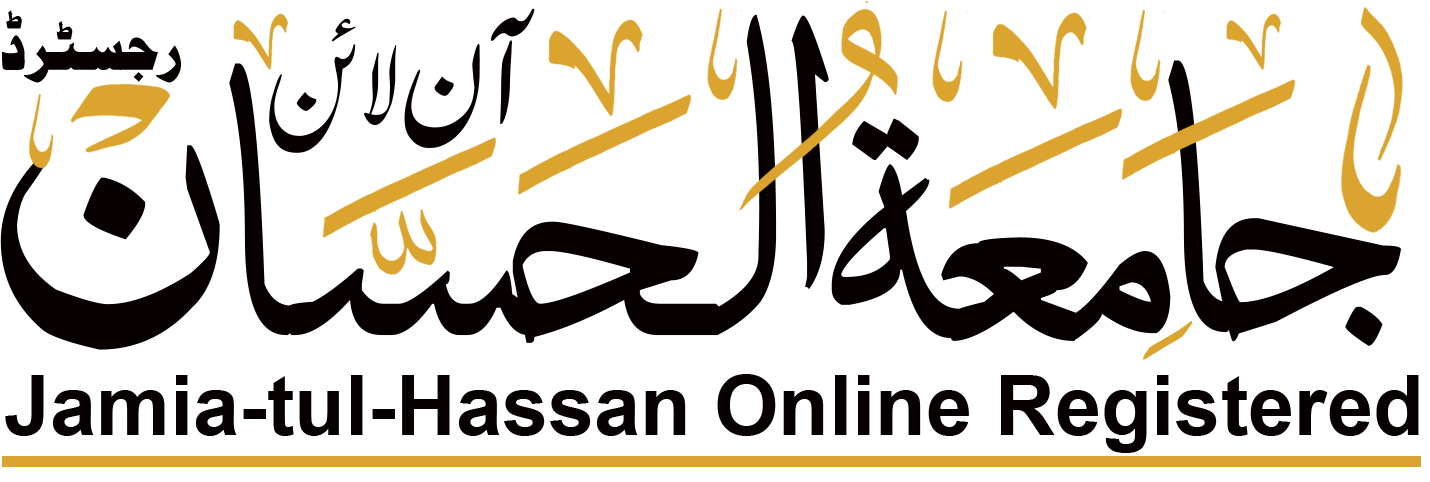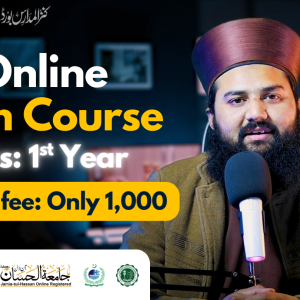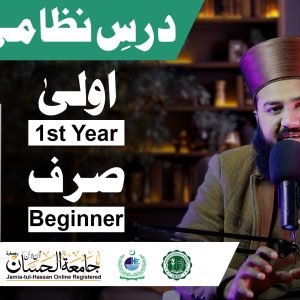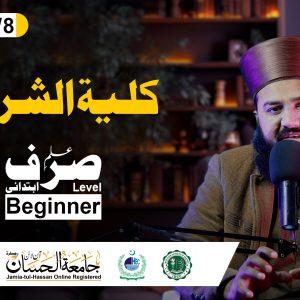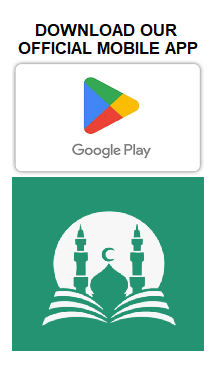Benefits to Learn Arabic Language Classes
Learning a new language opens up a world of possibilities and experiences. Arabic, a language spoken by over 420 million people around the globe, offers a unique opportunity to connect with a rich cultural heritage and a diverse community of speakers. Whether you’re considering enrolling in an online Arabic course or attending Arabic language classes in person, understanding the benefits of learning Arabic can help you make an informed decision.

Arabic is not only the language of the Quran, but it’s also the official language of 22 countries and one of the United Nations’ six official languages. Learning Arabic can enhance your personal and professional life in numerous ways. Here are some compelling reasons to start your Arabic language journey today:
Cultural Understanding and Appreciation
By learning Arabic, you gain access to a treasure trove of history, art, literature, and philosophy. The Arab world boasts a rich cultural heritage that has significantly contributed to fields like mathematics, medicine, architecture, and more. Understanding the language allows you to appreciate classical and contemporary works of Arabic literature, poetry, and music.
📚 Explore Our Latest Islamic Courses 📚
Enhanced Career Opportunities
Proficiency in Arabic can open doors to various career paths. As globalization continues, the demand for Arabic speakers in international business, diplomacy, intelligence, education, and translation services is growing. Companies and government agencies are often on the lookout for individuals who can bridge the communication gap between Arabic-speaking regions and the rest of the world.
Improved Cognitive Skills
Learning a new language is a workout for your brain. It enhances cognitive abilities, such as problem-solving, multitasking, and decision-making. Studies have shown that bilingual individuals tend to have better memory, concentration, and mental flexibility. As you learn Arabic, you’ll develop these skills, which can benefit you in both personal and professional settings.
Where Can I Learn Arabic Language?

You have several options to learn Arabic, whether you prefer online classes or in-person sessions. Here are some of the best ways to start your Arabic learning journey:
📚 Explore Our Latest Islamic Courses 📚
Online Arabic Courses
The internet has made learning Arabic more accessible than ever. Online Arabic courses offer flexibility, allowing you to learn at your own pace and on your schedule. These courses often include interactive lessons, video tutorials, and online forums where you can practice speaking with fellow learners. Some popular platforms offer free Arabic language courses with certificates upon completion.
Arabic Language Schools
If you prefer a more structured environment, consider enrolling in an Arabic language school. These institutions offer comprehensive programs, including beginner and advanced classes, conversational Arabic courses, and cultural immersion experiences. Arabic language schools in cities like Chicago, NYC, and Houston provide a supportive atmosphere for learning and practicing your skills.
Community Classes and Tutoring
Look for community centers, cultural organizations, and universities that offer Arabic language classes near you. These classes often focus on conversational Arabic, helping you build practical speaking skills. Alternatively, you can hire a private tutor who can provide personalized lessons tailored to your learning style and goals.
How Can I Learn Arabic Speaking?

📚 Explore Our Latest Islamic Courses 📚
by 86 media (https://unsplash.com/@eightysixmedia)
Speaking is a crucial aspect of language learning. Here are some tips to help you become proficient in Arabic speaking:
Practice Regularly
Consistency is key to language acquisition. Set aside time each day to practice speaking Arabic, even if it’s just for a few minutes. Use language learning apps, listen to Arabic podcasts, or watch Arabic TV shows to immerse yourself in the language.
Engage in Conversations
Conversational practice is essential for improving your speaking skills. Join language exchange programs or online communities where you can chat with native Arabic speakers. These interactions will help you build confidence and improve your pronunciation and fluency.
📚 Explore Our Latest Islamic Courses 📚
Focus on Everyday Vocabulary
Start by learning common phrases and vocabulary used in daily conversations. This practical approach will help you communicate effectively in real-life situations. As you progress, expand your vocabulary to include more complex terms and expressions.
Don’t Fear Mistakes
Making mistakes is a natural part of the learning process. Don’t be afraid to speak Arabic, even if you’re unsure of the grammar or pronunciation. The more you practice, the more comfortable you’ll become, and your skills will improve over time.
Best Online Arabic Language Courses
Several online platforms offer high-quality Arabic language courses. Here are some of the best options to consider:
Rosetta Stone
Rosetta Stone is a well-known language learning platform that offers an immersive Arabic course. Its interactive lessons focus on vocabulary, grammar, and pronunciation, providing a comprehensive learning experience.
Duolingo
Duolingo is a popular app that offers a free Arabic language course. Its gamified approach makes learning fun and engaging, with bite-sized lessons that cover essential vocabulary and grammar.
Coursera
Coursera partners with universities and institutions to offer online Arabic courses. These courses range from beginner to advanced levels and include cultural insights to enhance your learning experience.
Conclusion
Learning Arabic can be a rewarding experience that enriches your understanding of the world and opens up new opportunities. Whether you choose to take online Arabic courses, attend language schools, or engage in community classes, the benefits of learning Arabic are undeniable. Embrace the challenge and start your journey today to speak Arabic with confidence and connect with a vibrant and diverse community.
